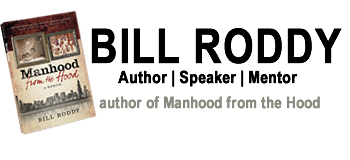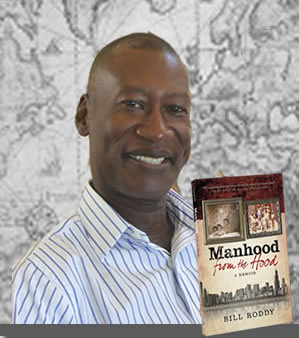 1. When you were 21-years-old, where were you living and what were you doing?
1. When you were 21-years-old, where were you living and what were you doing?
By age 21 I was in my second of three-years at San Jose State University in California. A year prior to that, I transferred from a community college near Sacramento where I was raised. Upon graduation from high school, my best option was community college. I had languished in the pursuit of even a high school diploma. I had little awareness of the consequence of that decision.
My second year at San Jose State was pivotal for me because it marked the time when I decided to become an architect. A light came on, so to speak. More importantly, by that time, I developed an appreciation for learning, so higher education then became a pursuit.
2. What did you worry about—what was that one thing that you feared the most?
What I feared most? A dead-end life was my deep, unspoken fear. And time. The consequence time had on every aspect of my life began to unveil. The train was leaving the station and I wasn’t safely aboard. That sobering awareness began to knowingly and unknowingly influence my decisions.
3. What did you hope the future held for you?
I likened my time in college to a traveler on a journey who avoids putting down roots or establishing attachments that threaten mobility. At that time I hoped to become a successful architect designing prestigious projects, seeking adventure travelling the world through bachelorhood before settling down with a small family and a big house.
4. How did you define what it meant to be a man?
My religious foundation influenced some of my major decisions and perhaps kept me from serious offenses and jail. By no means, however, did I walk the straight and narrow path. In fact, I committed all too many selfish, youthful offenses that kept me hovering in mediocrity.
My concept of manhood was underpinned by the notion that I had such potential, opportunity and moral foundation, that I should conduct myself accordingly, or at least better than those who were less fortunate. This idea was flawed and misdirected but it probably kept me out of serious trouble. It provided me the rationale for conducting my life with honesty, responsibility, accountability, kindness, and compassion. I had a belief system, and, for the time being, I could act with an undivided heart.
My advice to my 21-year-old self? Seek and search for what is right. Seeking the answer will put you in a position to do what you believe is right.





